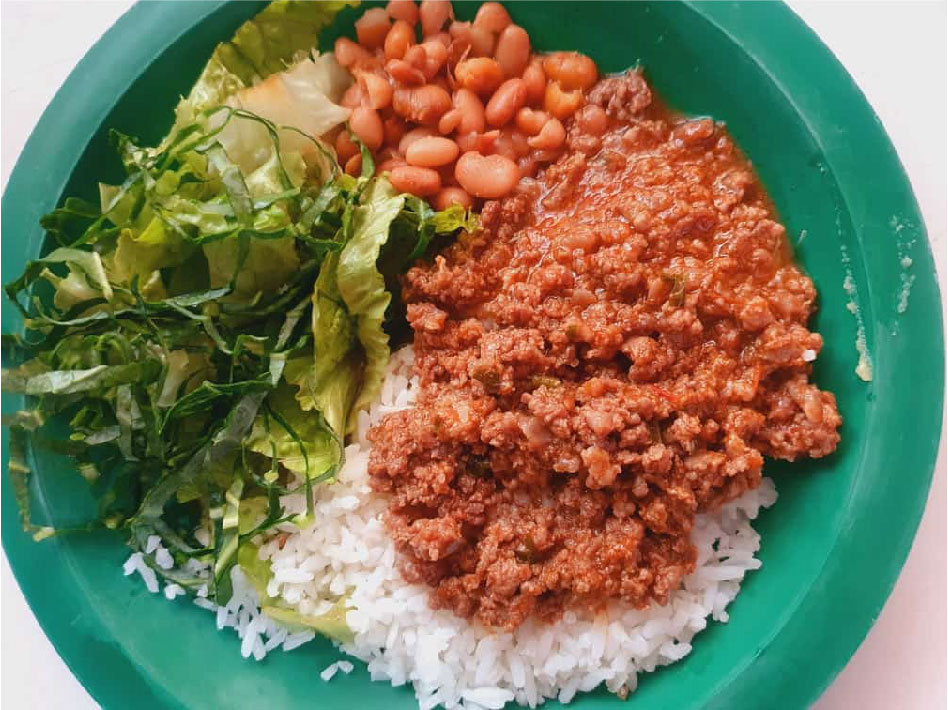 After participating in a school feeding conference organized by the cabinet of Romanian Member of Parilament Cătălin Teniță, in November 2021, the WFP Centre of Excellence against Hunger Brazil was again invited to support the efforts made by the USR PLUS political party to promote school feeding in the country, with the participation of two coalition parties and Human Catalyst, an NGO that supports education and social justice in Romania. In addition to Human Catalyst, there are other NGOs that could support the government with its school feeding implementation expertise.
After participating in a school feeding conference organized by the cabinet of Romanian Member of Parilament Cătălin Teniță, in November 2021, the WFP Centre of Excellence against Hunger Brazil was again invited to support the efforts made by the USR PLUS political party to promote school feeding in the country, with the participation of two coalition parties and Human Catalyst, an NGO that supports education and social justice in Romania. In addition to Human Catalyst, there are other NGOs that could support the government with its school feeding implementation expertise.
The USR PLUS political party has been advocating for a school feeding law that seeks to expand the country’s national school feeding programme to reach at least 70% of schools by 2024. The aim is to expand the school meal program nationwide, to assist all children starting from kindergarten to high school. “We want it to be clearly understood that school meals are an essential component of a modern education system that allows for the healthy and non-discriminatory development of all children. School meals should be seen as a normality in education, not as a social program”, said MP Cătălin Teniță, member of the Chamber of Deputies.

Sharon de Freitas, Head of Programme at the WFP Centre of Excellence Brazil, visited the country to discuss the importance of school feeding programmes. She had meetings with coalition parties in Romania, participated in discussions with the school feeding task group lead by the parliament and visited schools in Valea Mare Pravăț, Argeș County, Muntenia region. During the visit, she shared examples of countries that already implement home-grown school feeding to promote development, such as Brazil, Cambodia, Kenya, Togo, Bangladesh and Armenia.
Sharon de Freitas also highlighted that there are a number of studies around the world that show that the return for investing in school meals may reach nine times its investment, with an average of 5.5 return for each dollar invested in the programme. Over the past ten years, the WFP Centre of Excellence against Hunger Brazil has supported countries around the world in creating and adapting school feeding programmes linked to local agriculture. Through South-South Cooperation, and in partnership with the Brazilian Cooperation Agency and the National Fund for Education Development, the good practices found in the Brazilian National School Feeding Programme have inspired – and continue to inspire – similar programmes in several countries.




